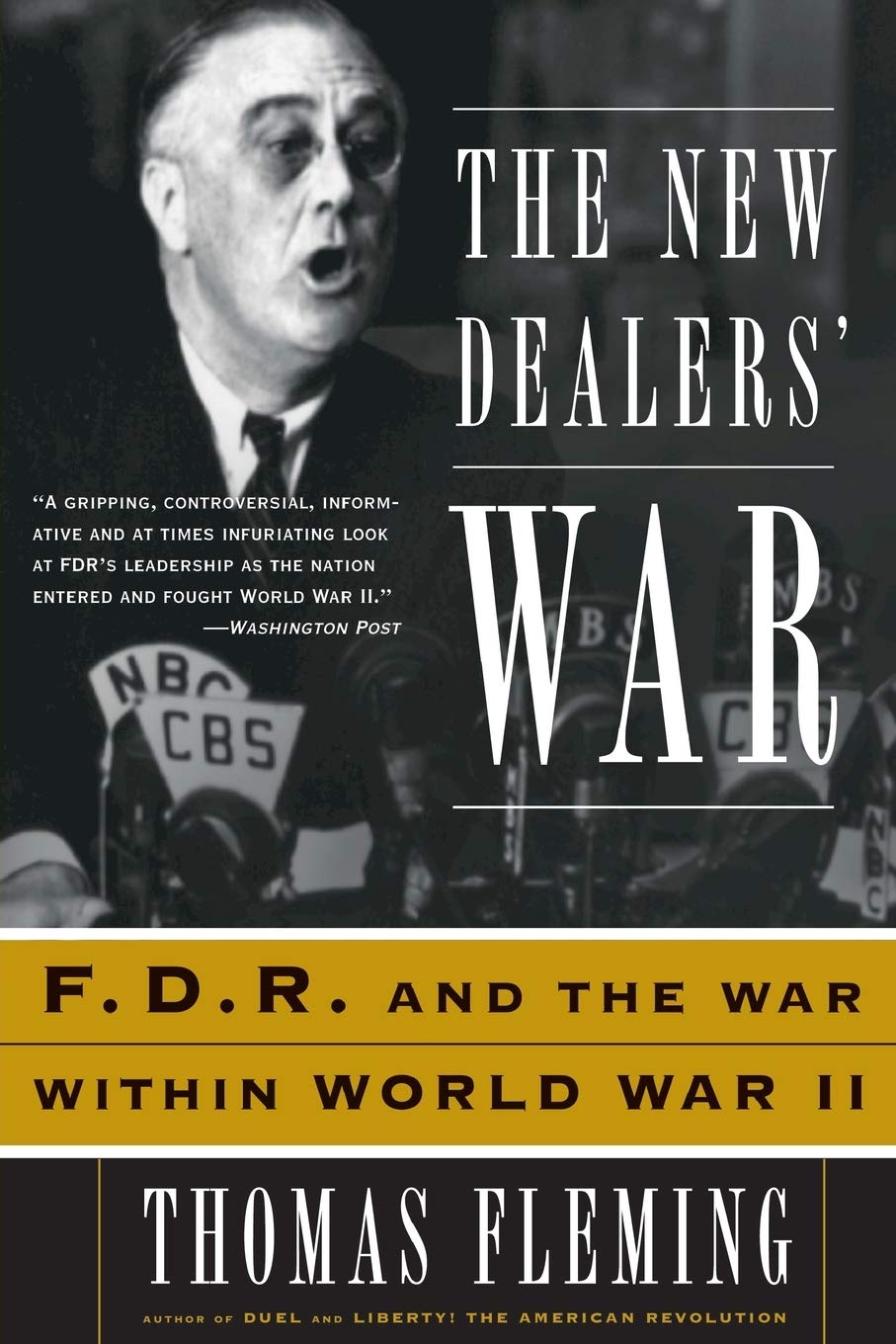Tucker Carlson’s interview (full interview here with timestamps) with Darryl Cooper (aka Martyr Made) caused a stir following the latter’s claim that WW2 well may have been avoidable had different decisions been made by Churchill. In this post, I want to simply address a ‘revisionist’ claim – made by Patrick Buchanan (former political advisor to Nixon and Reagan, opinion writer and author) and others that was echoed by Cooper – that a wider war might have been averted had had Britain not provided Poland the war guarantee in April ’39. In outlining this I’m going to use Buchanan’s argument as he details it in Churchill, Hitler, and the Unnecessary War.
To my mind, the debate here is essentially a ‘practical’ rather than an ‘historical’ one. The question isn’t so much about whether this or that happened, or about the plausibility of this or that interpretation regarding a set of facts. Rather, the debate is about whether this or that course of action was more or less desirable or not, could succeed or not, given the set of circumstances. That the decisions made by Chamberlain and then Churchill where animated by practical interests, whether avoiding a repeat of WW1, maintaining the UK’s vital interests on the Continent, and the like (this in many ways explains the furor this generated which I will leave to a future post). To some extent, historical facts can illuminate these questions but they’re not determinative.
Back then to the main thesis. Buchanan argues, straightforwardly, that since the UK had no way of defending the Danzig Corridor, no way of intervening before Germany could invade and defeat Poland, that any war guarantee was not only moot but counterproductive. All that the war guarantee achieves is a state of war between Germany and Britain. Rather, he argues, the more prudent approach for the British was to tell the Germans that any move West into the Low Countries and/ or France would immediately initiate a state of war between them (this is something that Chamberlain could have put to Hitler in Munich). This would have sent a signal to the Poles that they had to deal with the Germans themselves re the Danzig Corridor, and other outstanding issues, and come up with deal acceptable to both. To the Germans, it would reaffirm that Britain held Western Europe to be in their vital national interests and that any move West would initiate a state of war between the two.
This same rationale would also apply with the invasion of Poland. However, the decision to honour or dishonour the war guarantee is complicated because Chamberlain had been humiliated by Munich. Nevertheless, the strategic interests of Britain remain the same as before. Protect the Low Countries and France, and use the USSR acts as a counterweight to Germany in East Europe. Having no capability of saving Poland, the Western Powers could have avoided war by not declaring against Germany and simply providing Poland with whatever assistance was feasible so long as hostilies between the two continued. However, both Britain and France at this stage would have each been required to dishonour their defensive alliances with Poland. What needs must. By the third week of the Polish invasion, the USSR enters the war from the East against Poland. At this stage, the liberation of Poland becomes an even more remote possibility and the substance of the defensive alliances more illusory as both Britain and France decline to declare war on the USSR.
Moving on, nothing changes once Poland has fallen. Italy still remains neutral. Britain and France, though having declared war, are still intact and have not actively engaged the Germans in battle and retain a strong hand. There are still strong reasons to avoid a wider war between the Western Powers and Germany from occurring and even reason to think that negotiations, though likely to be beneficial to both the Germans and the Italians (as broker but also because Italy was ill-prepared for war) would also be beneficial to the Western Powers.
However, with the Fall of France, the hand of the British becomes weaker, that of the Germans stronger. Britain, on its own, had no means of taking the war directly to Germany on the Continent on the ground. Though not inconsiderable, its hand was limited to pressing the Germans by the use of its air and naval power. The only means of defeating Germany at this stage is by bringing either the USA or USSR or both into the war against Germany. Thus, turning, what at first was a local conflict, then a regional conflict, into a world-wide conflict.
